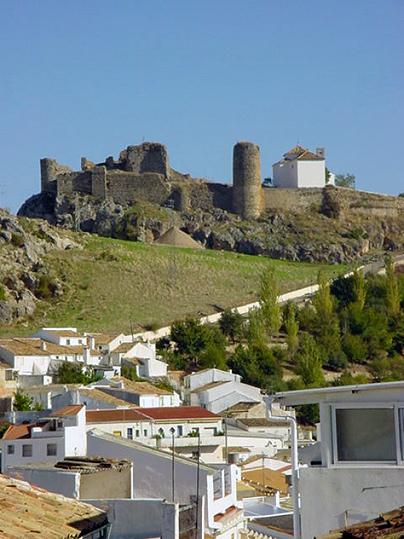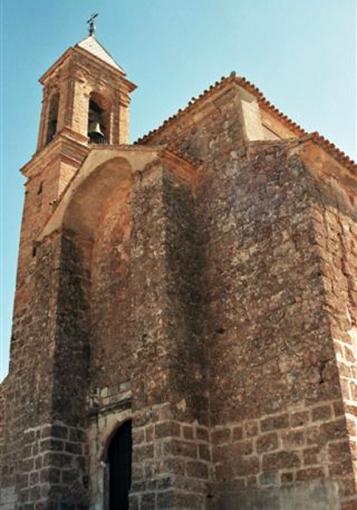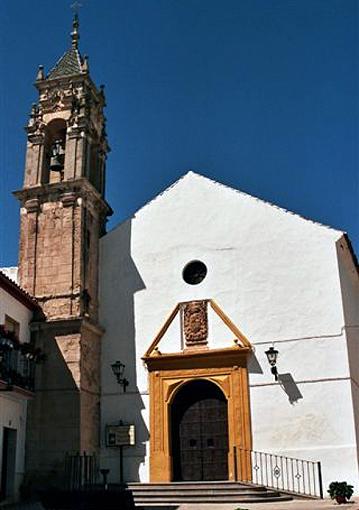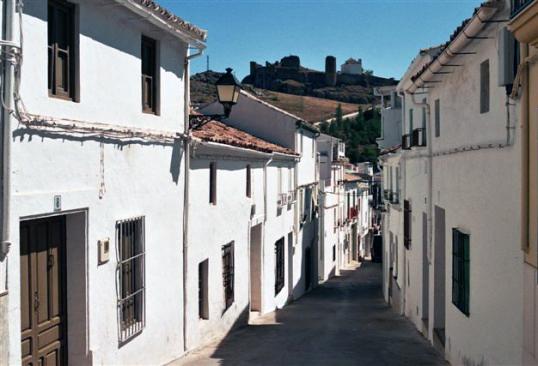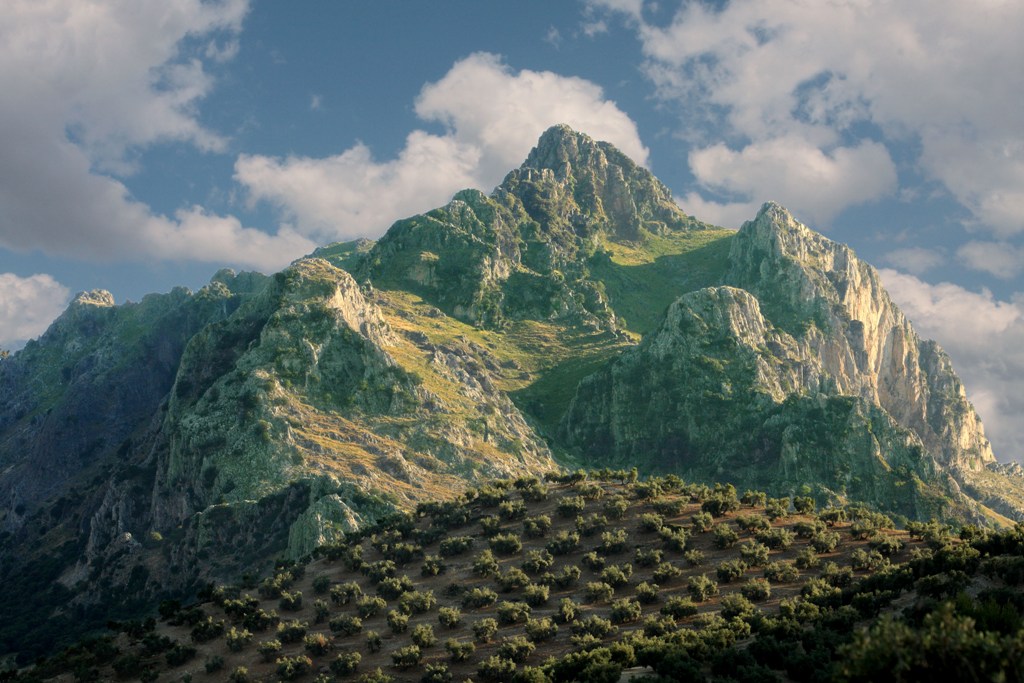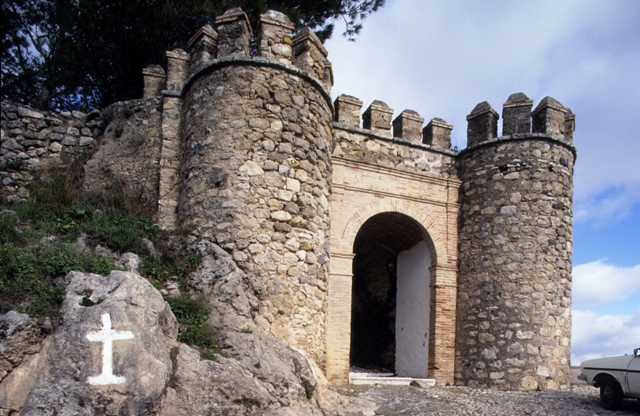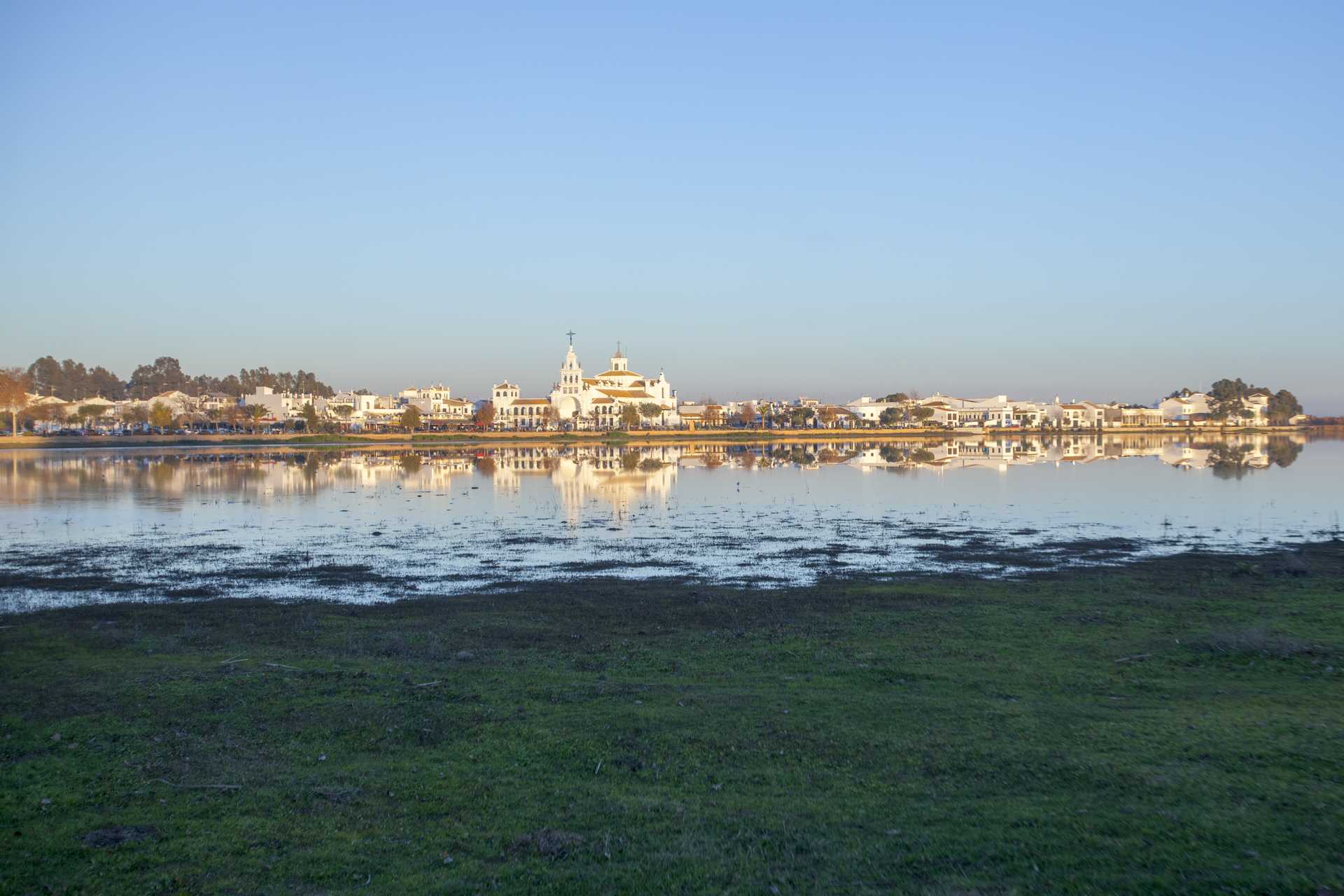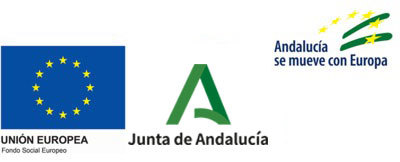Carcabuey
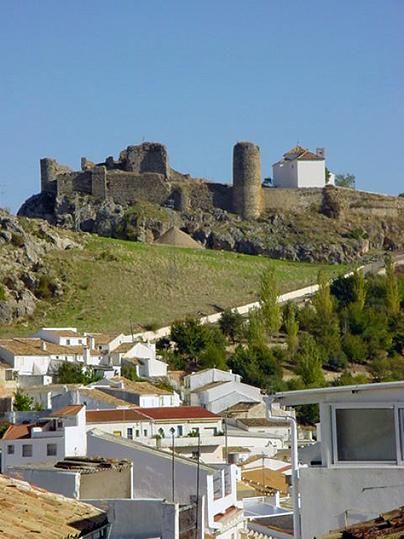
Carcabuey is situated in the south east of the province, in the Sierra Subbetica region, on uneven terrain made up of rugged mountains and olive groves. The municipal area lies at the heart of Sierra Subbética Natural Park, with its attractive limestone mountains, valleys of holm and gall oak groves and river banks lined with white poplars. Together they create a landscape of immense beauty.
The village stands on a stream bed at the foot of the mountains, and is irregular in shape due to the different levels of terrain, consisting of steep, narrow streets, with typical white, well-preserved houses. Its highlights are the ruins of the Castle and, beneath it, Asunción Church, the village's most noteworthy building.
History
A stone tablet engraved with the word "Alcobita" found near Fuente Ubrera on what appears to have been the site of a temple to the goddess Venus indicates that the village dates back to Roman times. The Arabs added "Buey" to the village's original name to give the present-day version. Its foundation is attributed to Ben Mastana, following the quelling of an uprising led by Umar Ben Hafsun.
The village was mentioned by its current name for the first time in 1256.
In 1341, after its definitive capture by Martín Fernandez de Portocarrero, it was attached to the Abbey of Alcala la Real (Jaen). According to Alfonso XI's hunting chronicles, it was a mountainous area, where wild boar was the main hunting prey.

- Max 16
- Min 8
- Max 60
- Min 46
- °C
- °F

